Entities, SEO and RankBrain
In today’s digital world, search engine optimisation (SEO) has become an essential component of any successful online business. SEO involves a variety of strategies to improve a website’s visibility on search engine results pages (SERPs). One of the most important factors in modern SEO is the concept of entities and how they relate to RankBrain (an important part of Google’s core algorithm which uses machine learning ).
Entities refer to specific, recognisable objects or concepts that can be categorised and connected to other entities in meaningful ways. For example, a person is an entity (Omi Sido is a good example of an entity), as is a company, a product, a location, and so on. In the world of SEO, entities are crucial because they help search engines understand the content on a website and how it relates to the broader web.
Understanding how entities work and how they relate to SEO is critical for any business or organisation looking to improve its online visibility. In this article, we’ll explore the basics of entities, how they are used in SEO, and how Google’s machine learning algorithm, RankBrain, plays a role in this process. To learn more about entities I will strongly recommend the book Entity SEO: moving from strings to things: moving search from strings to things by Dixon Jones.
What are Entities?
Entities can be thought of as “things” or “objects” that exist in the real world around us. They can be physical objects like cars, people, or buildings, or more abstract concepts like emotions, ideas, or relationships. In the world of SEO, entities are used to help search engines like Google or Bing understand the meaning behind a website’s content and how it relates to other entities on the web.
Entities are typically defined by their unique characteristics, which can include their name, description, attributes, and relationships with other entities. For example, a company entity might have a name, a logo, a website, and relationships with other entities like its employees, customers, suppliers or other companies within the same niche.
This is what we see in the Google SERPs for the entity Kristine Schachinger:
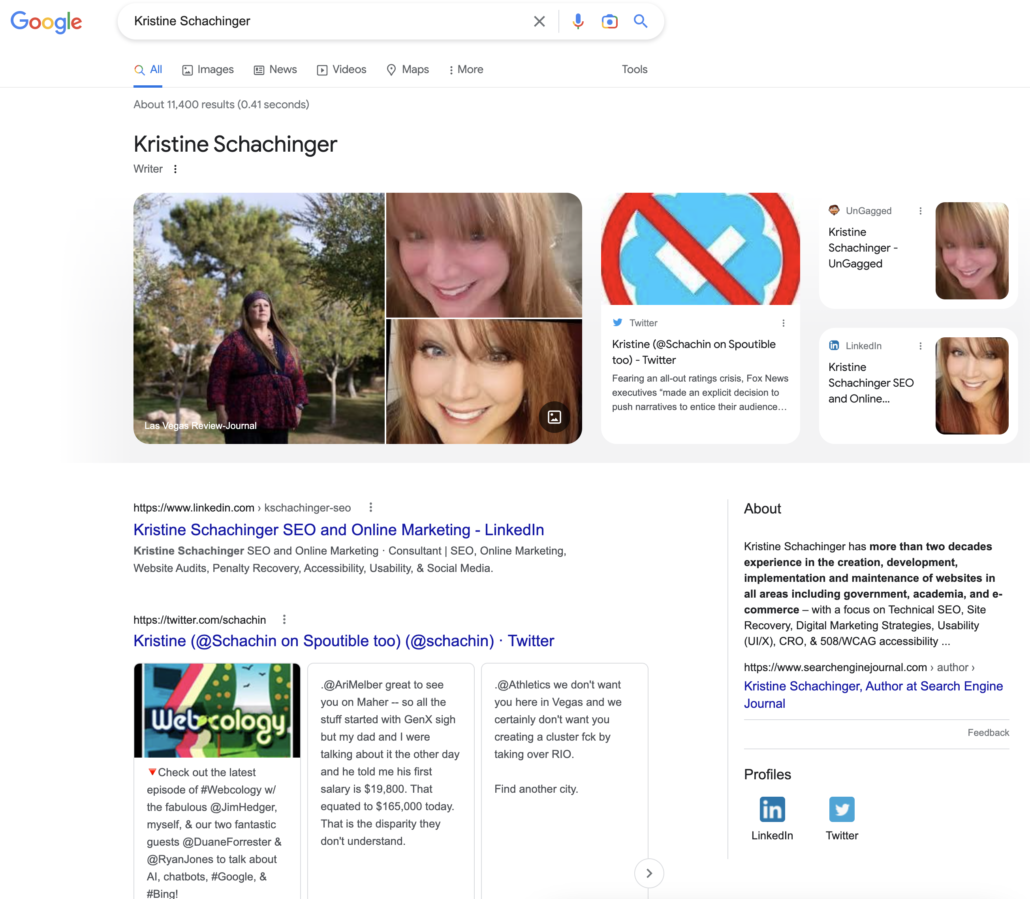
How are Entities Used in SEO?
Entities play a crucial role in modern SEO, as they help search engines better understand the meaning behind a website’s content. By understanding the entities that are discussed on a website, search engines can better match that content with relevant search queries and deliver more relevant and useful results to searchers online.
There are several ways that entities are used in SEO. One common strategy is to optimise content for specific entities. This can involve using keywords and phrases that are associated with a particular entity or including relevant metadata like schema markup to help search engines better understand the entity’s attributes and relationships.
Another good SEO strategy is to create content that is related to other entities in a meaningful way. For example, a website that sells outdoor gear might create content that includes information about specific locations where people might use that gear, like national parks or hiking trails. By including information about these locations, the website can create a stronger connection between its content and the entities that are associated with those locations. Sounds simple and it is.
Why RankBrain Matters
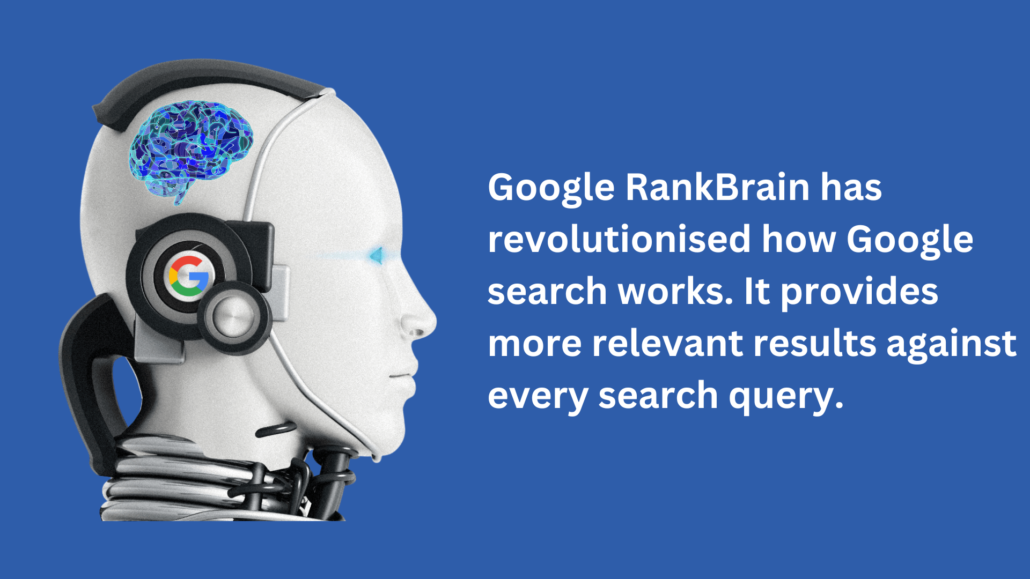
Google’s RankBrain is a machine learning algorithm that is designed to help the search engine better understand the meaning behind search queries. Rather than simply matching keywords and phrases, RankBrain tries to understand the intent behind the query and deliver results that are more relevant and useful to the person online looking for a specific answer.
Entities play a crucial role in how RankBrain works. By understanding the entities that are associated with specific search queries, RankBrain can deliver more accurate and relevant results to users (‘relevant’ here being the keyword to pay attention to). For example, if someone searches for “best hiking trails in California,” RankBrain can understand that the query is related to two key entities: hiking trails and California. By identifying these entities, RankBrain can deliver results that are more likely to meet the user’s needs, such as a list of the top hiking trails in California.
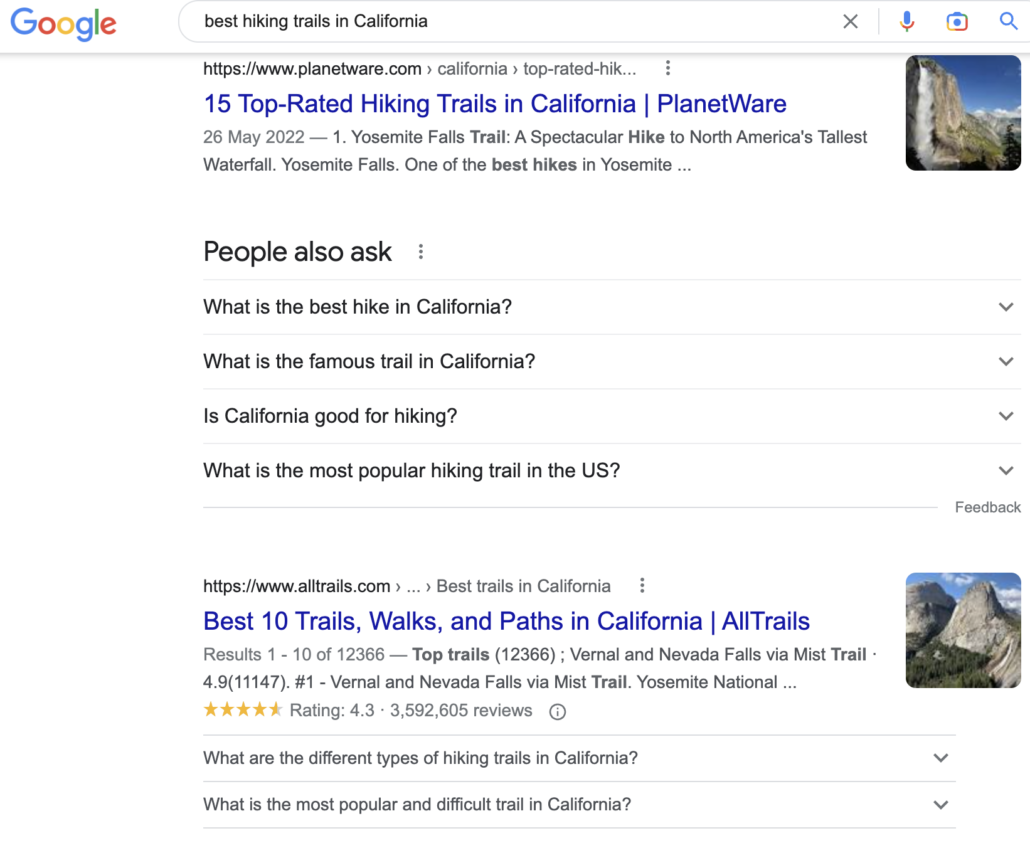
RankBrain’s ability to understand entities is made possible by the vast amount of data that Google has access to. Google’s search index contains billions of web pages (apparently it is well over 100,000,000 gigabytes in size), each of which contains a wealth of information about entities and how they relate to each other.
RankBrain can identify patterns and relationships between entities and use that information to improve its understanding of search queries and the content on web pages.
In addition to understanding entities, RankBrain also uses a variety of other factors to determine search rankings. These can include things like the relevance of the content to the search query, the quality of the content, and the authority of the website.
Why Entities and RankBrain Matter for SEO
Entities and RankBrain are two key concepts in modern SEO, and understanding how they work is critical for any business or organisation looking to improve its online visibility and reach its marketing goals. By optimising content for relevant entities and creating content that is related to other entities in a meaningful (relevant, valid) way, businesses can improve their chances of appearing higher in search results and reaching a wider audience.
At the same time, it’s important to remember that SEO is not just about optimising for search engines. Ultimately, the goal of SEO is to create a better user experience by delivering relevant, high-quality content that meets the needs of the user. By focusing on creating great content that is optimised for entities and relevant to the user’s search query, businesses can improve their online visibility while also building trust and loyalty with their audience.
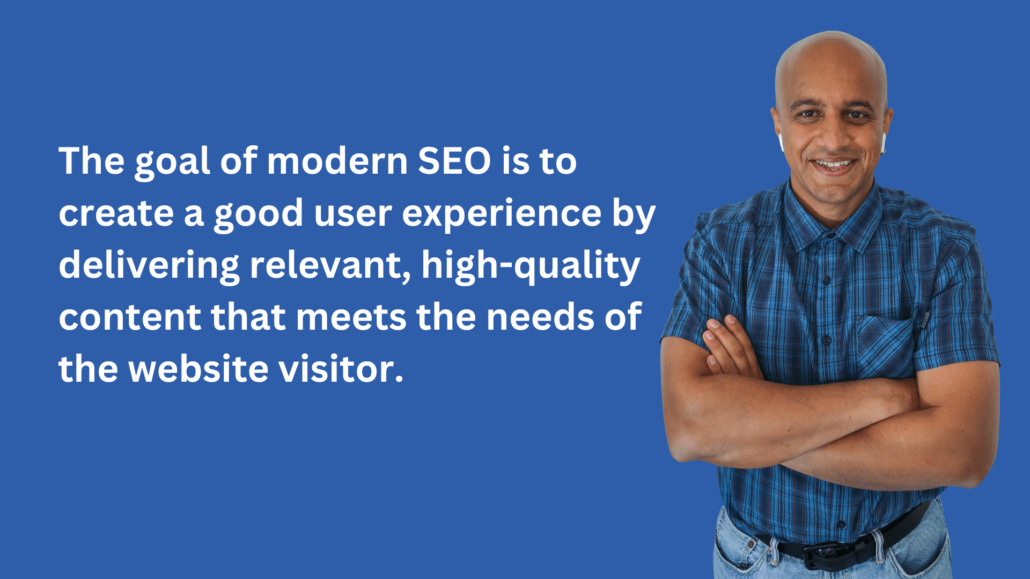
Conclusion
Entities, SEO, and RankBrain are all critical components of modern digital marketing. By understanding the role that entities play in SEO and how the part of Google’s algorithm called RankBrain uses data to better understand search queries, businesses can create more effective online strategies that improve their visibility and reach.
At the same time, it’s important to remember that the ultimate goal of SEO is to deliver value to the user, so businesses should focus on creating high-quality content that meets the needs of their audience. With the right approach, companies can succeed in today’s competitive digital landscape and build long-term success online.
Who is Kristine Schachinger?
Kristine Schachinger has been working in the field of SEO, website creation, development, implementation, and maintenance for over 20 years. She has expertise in a wide range of areas, including government, academia, and e-commerce.
Her specialisations include Technical SEO, Site Recovery, Digital Marketing Strategies, Usability (UI/X), CRO, and 508/WCAG accessibility compliance, as well as social media advertising.
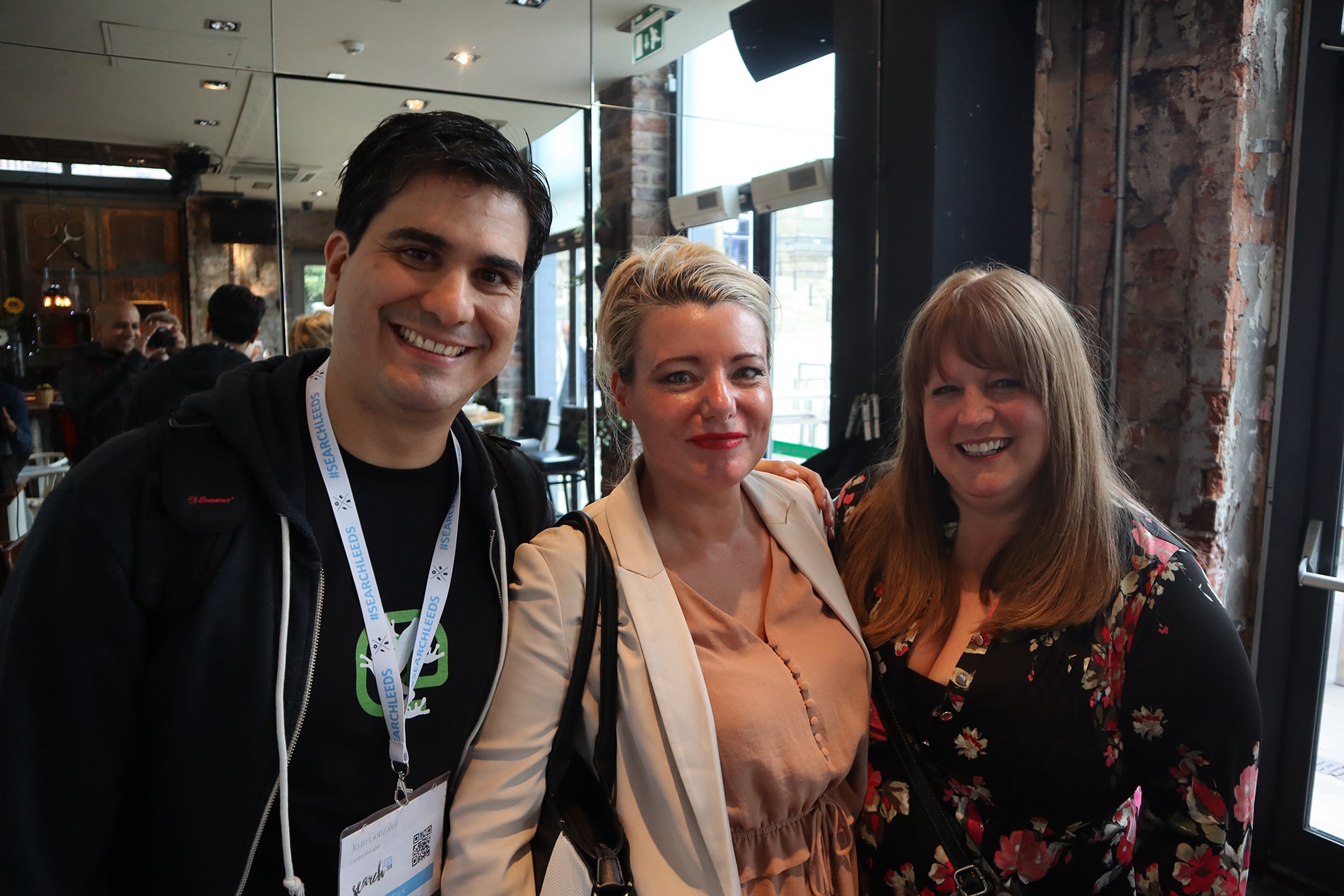
Kristine Schachinger has worked with various clients, including but not limited to Vice Media, USA.gov, Zappos, Top Ten Reviews, NYC Marathon, Salon.com, and Patch.
In addition to her professional work, Kristine Schachinger is an internationally renowned speaker and SEO author who has presented at numerous events such as Pubcon, SMX Advanced, SMX East/West, RIMC, Ungagged US/UK, Search Leeds, HITMC, and SXSWi.
Here’s the slide deck if you’d like to run through it in your own time!
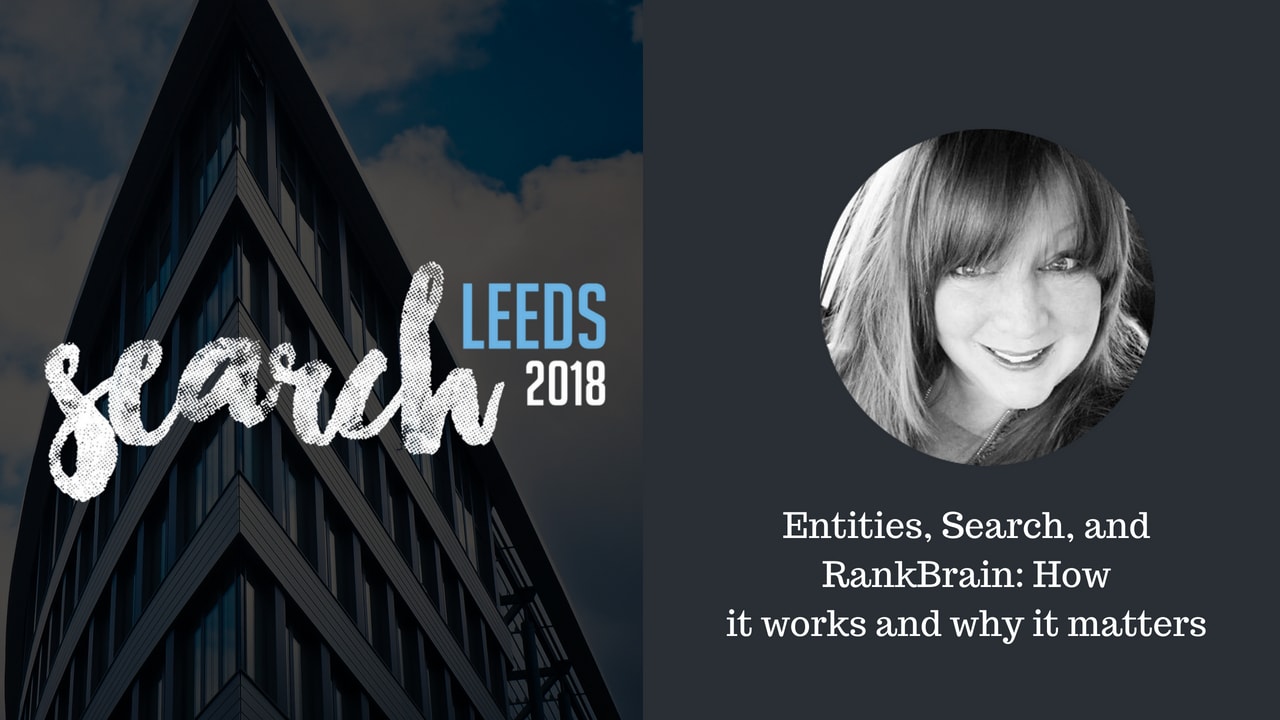

Leave a Reply